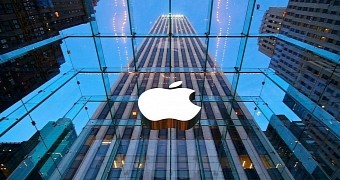Apple’s legal problems that started after acknowledging intentional slowdowns of older iPhones with degraded batteries continue, this time in Korea where the company is being required by the country’s broadcasting and telecom regulator to provide more details about this practice.
“We are hoping to get some answers on whether Apple intentionally restricted the performance of old iPhones and tried to hide this from customers,” the Korea Communications Commission said in a brief statement.
While Apple has come under fire in Korea for deliberately slowing down iPhones, the company doesn’t risk a fine. The Investor notes that KCC “has no jurisdiction over Apple and it cannot launch an official probe.” The only thing it can do, however, is to request more details on why and how Apple reduces the performance of its phones to deal with battery wear.
The iPhone battery degradation saga
Apple admitted last week that it limits the performance of older iPhones in order to deal with battery degradation as a way to prevent unexpected shutdowns.
"Our goal is to deliver the best experience for customers, which includes overall performance and prolonging the life of their devices. Lithium-ion batteries become less capable of supplying peak current demands when in cold conditions, have a low battery charge or as they age over time, which can result in the device unexpectedly shutting down to protect its electronic components," Apple said.
While battery wear is one of the limitations of the existing Li-ion technology, Apple said that it deliberately makes iPhones slower to maintain battery life and, at the same time, prevent batteries from draining faster than estimated, in the end leading to devices turning off unexpectedly.
Eight different class lawsuits have already been filed against Apple for deliberately reducing iPhone performance, with one of them requiring the company to pay damages of $999 billion.
Cupertino hasn’t offered any other statement following the lawsuit, though the company is expected to seek settlements in all cases.

 14 DAY TRIAL //
14 DAY TRIAL //